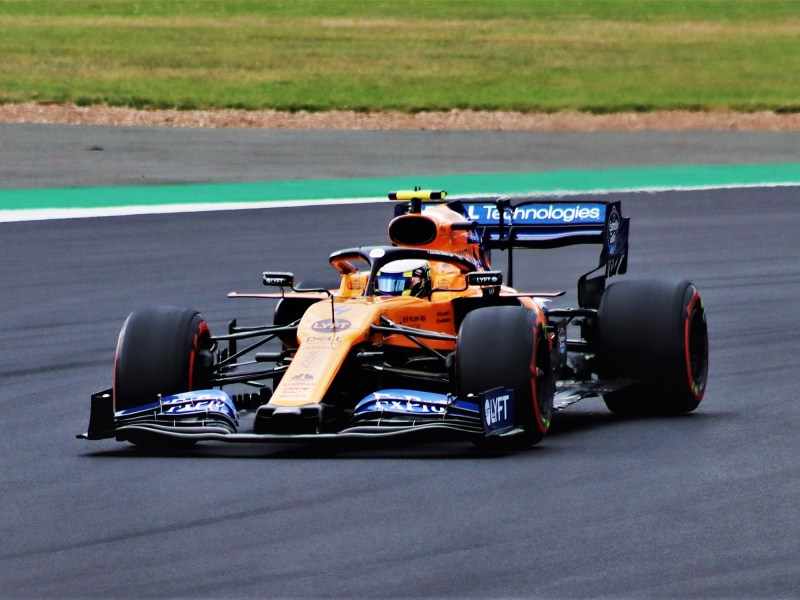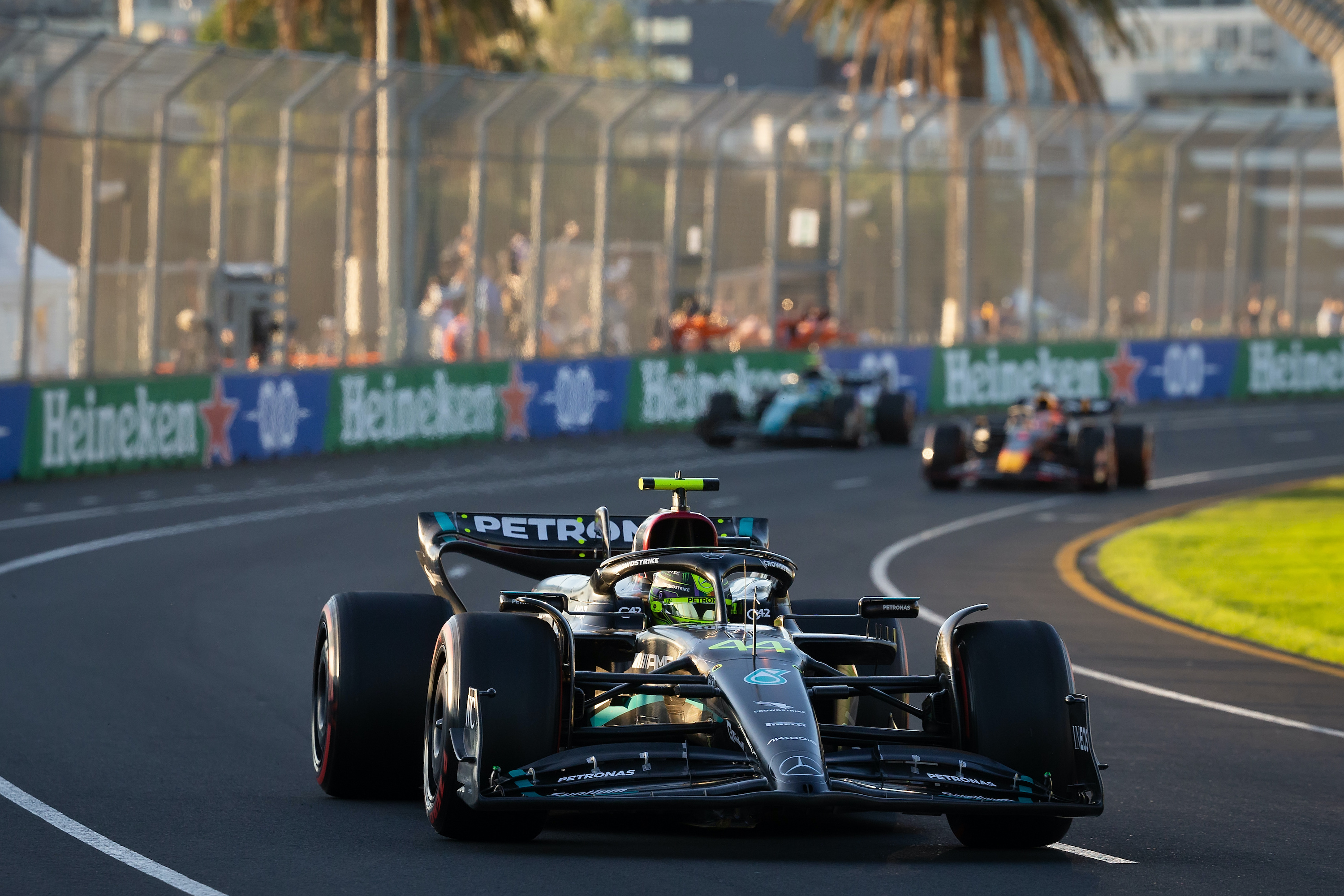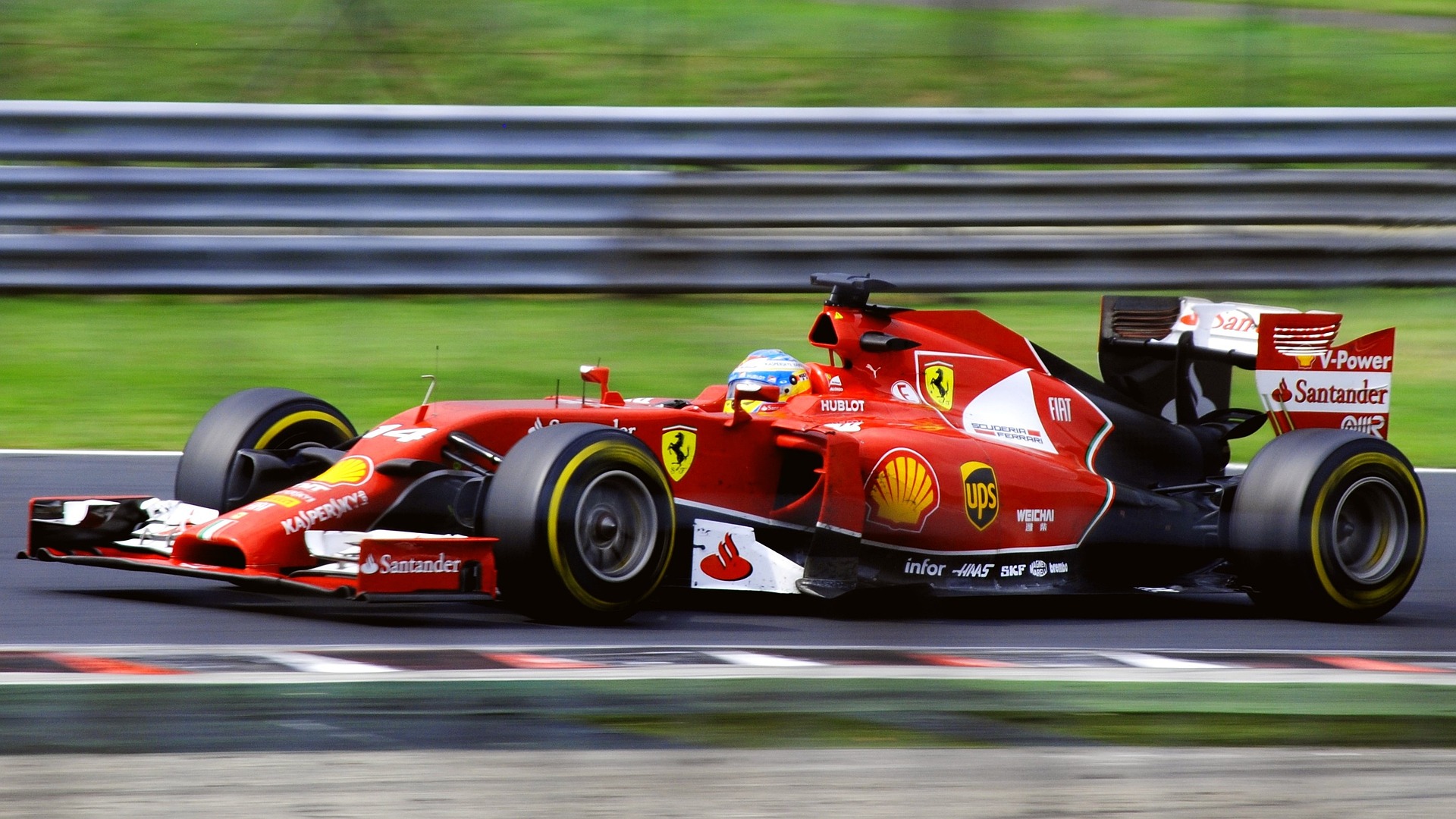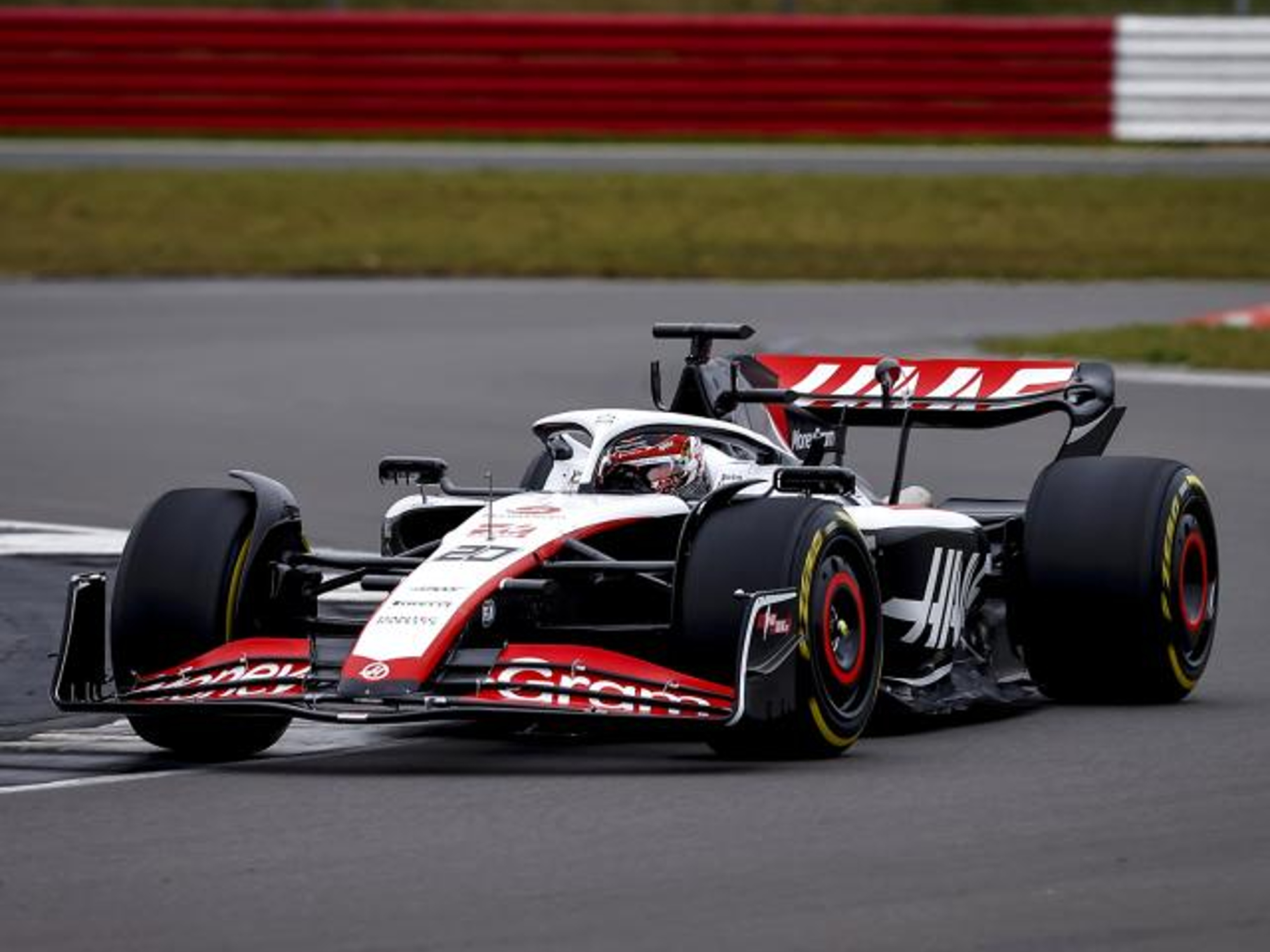
F1 racing is bound by strict rules from the FIA that set a minimum limit on how much a Formula 1 car weighs. Before each racing season, three volumes of FIA F1 Regulations set the parameters for technical, sporting, and financial operations for F1 teams, including the drivers and cars.
The minimum weight for F1 cars will change starting with the 2026 season (more on that below in this article), but for the F1 2024 and 2025 schedules, the official minimum weight for an F1 car is 798 kilograms (1,759.29 pounds). Read on to learn why the regulations list a minimum weight, not a maximum.
Why F1 car weight matters

The Fédération Internationale de l’Automobile (FIA) is the governing organization for more than 240 motorsports. The FIA has three major purposes behind the rules and regulations for each sport: competition, fairness, and safety. The FIA works hard to ensure F1 racing stays exciting for fans, fair for the drivers, and safe for drivers, crew, and spectators.
Fans get bored if races aren’t competitive, and sponsors might stop supporting the sport. FIA regulations hold all cars to the same rules, so races are decided by driver skill and teamwork, not by physical differences such as car weight or power. The weight limit helps keep F1 racing competitive, fair, and safe because, with all else equal, lighter
The FIA F1 Technical Regulations

The minimum weight for an F1 race car is 798 kg. That includes the driver and their full race kit, helmet, racing suit, and anything else the driver wears or carries during the race. Fuel isn’t included in the weight minimum, so the cars are weighed without fuel.
F1 drivers are weighed by FIA track personnel immediately after each race to be sure the car has the minimum weight during the entire race. Drivers can lose 4 to 6 pounds during a race due to sweating and exertion, but they must still meet the minimum weight requirement. If the car and driver’s weight aren’t enough before a race, teams can add extra weight in the form of ballast attached to specific areas on the car to meet this requirement. Teams don’t want to exceed the minimum weight if possible because heavier cars are slower and use more fuel.
Changes coming for 2026

The FIA and Formula 1 are focused on being more eco-friendly, with changes planned for the 2026 season. Cars will use biofuel starting in 2025. The engines will still be hybrids but with changes in the electrical energy systems. The expectation is that the FIA weight limit will be 40 to 50 kg lighter for the new



